by Christine Cuvo, MSS, LSW
In looking at the relationships we and our clients have with our dogs, we would be remiss to never discuss the parts of dog ownership that are less Instagram worthy.
As a social worker, I know the healing power of talking about these moments. Knowing we aren’t alone is so, so important.
So I’m here to talk about sharing our lives with difficult dogs and loving them through the rough spots.
Sometimes we change our lives around for our dogs. Oftentimes, it’s for the better. We become more active, more social, and spend more time outdoors with our beloved canine companions. We enjoy dog-friendly events and meet our neighbors as they come up to pet our dogs. Dogs can be a wonderful bridge to the community, and that’s such a wonderful role they play.
But not all dogs can be that bridge. Some are anxious around other dogs and reactive, completely flipping out at the end of the leash. Others have some serious stranger danger, and can’t meet new people without very specific criteria being met. Some are a “delightful” mix of both. Their needs make it hard to walk down a city street or frequent a busy park. They make it difficult to have people in your home, because they simply cannot deal. They are our difficult dogs, and it’s these dogs I want to talk about.

Our difficult dog, Gabe, has been part of our family for about 3.5 years.
He struggles with other dogs and people. After losing our very nice dog, we adopted this very pretty herding dog. He quickly showed me how many things I didn’t know about dogs and dog training, and I’m so glad we had the resources available through Philly Unleashed to get us through that. With lots of exercise, lots of training, lots of time, a visit with a veterinary behaviorist, medication, and really careful protocols, we could pretty much walk him and live our lives without too much frustration. We took “only a little barking” as a big success, we figured out “Gabe’s meeting ritual” so people could be in our house without him being crated the whole time if we wanted to, and the affection he shows and fun he has with people who are “in his circle” won us over. He is sweet and lovable and we can manage his needs with a little extra effort. We know we are a good home for him. Not everyone will put in the work. He’d be a difficult dog to rehome. These are the things we know.
Then we had a baby.
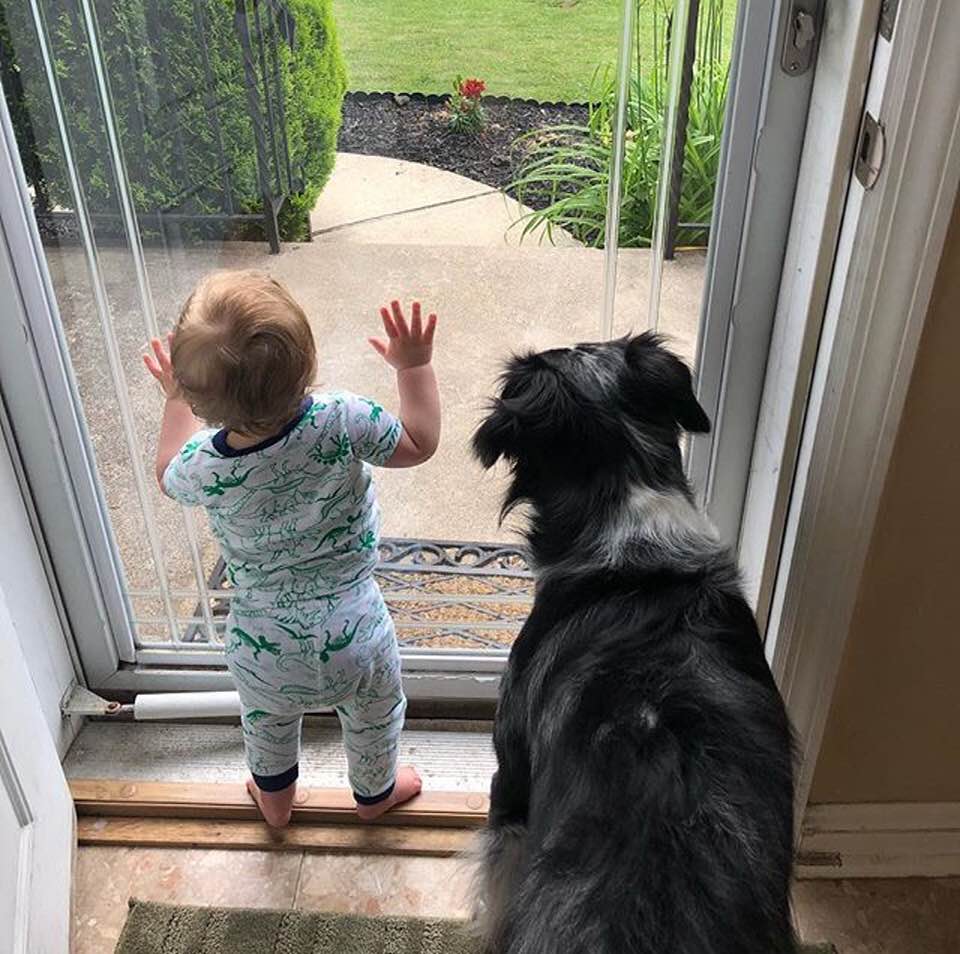
It’s hard to manage walking the dog 4-5 miles a day with a baby in the house, but we did it. We crated him when people came to see the tiny human. We gave him extra attention while the baby napped. But it was (is) hard. We underestimated how much continued work and effort Gabe needed to get him through this major life shift. We’ve had more than one “the dog knocked me over when he lunged at something while I was babywearing” incident. Our son’s first birthday party had the soundtrack of a crying, crated, (medicated) dog in the background. Finding the mental and emotional capacity to deal with Gabe’s needs while surviving the first year of babyhood has been hard. As the baby gets more mobile, Gabe gets more stressed, and his needs in all realms amplify. I wish I could say we’ve all handled this with grace. The reality is, sometimes we get so frustrated we really wonder if we still have room for him and his needs in our home.
He is work, even when things are good.
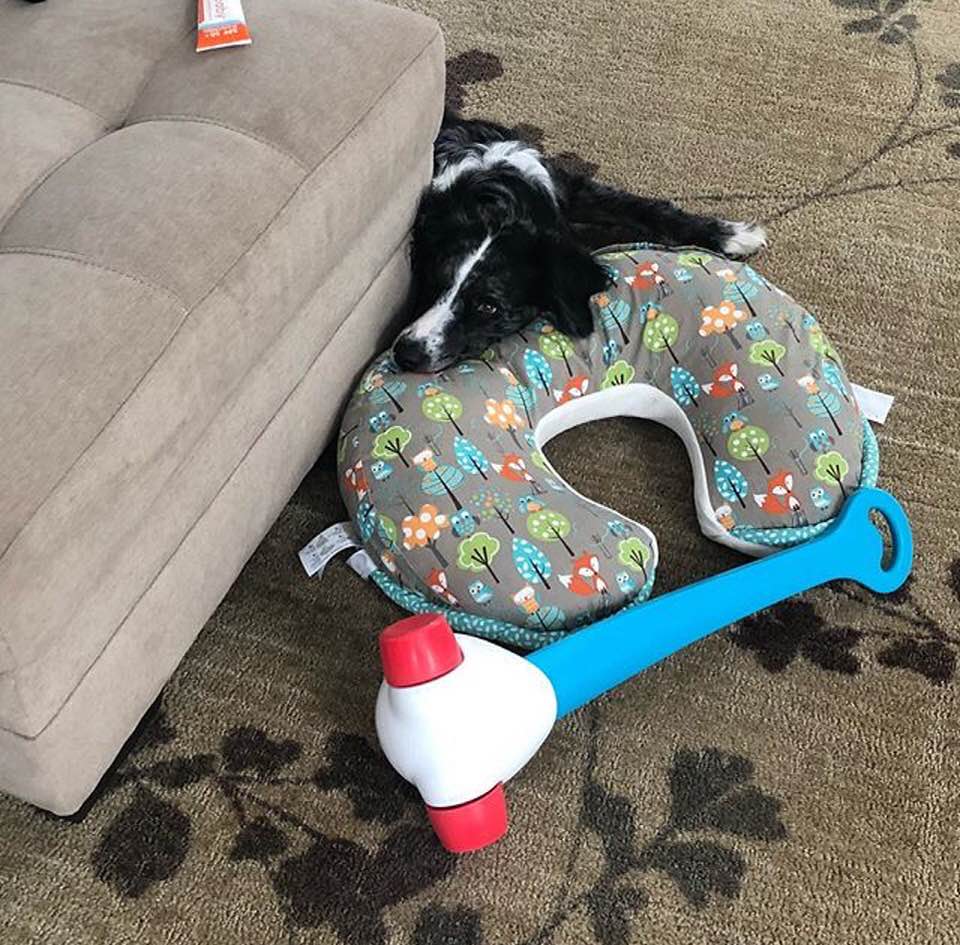
I know we aren’t the only ones out there whose dogs make things difficult. I know we aren’t alone in not being able to book vacations until we make a plan for the dog first. I’ve seen these dogs while assisting in DWA, their frustrated owners talking about how difficult it is to walk them. We hear your stories about how you can’t have people in your house because your dog has such a hard time with strangers. Before having one of these dogs, I think I often wondered, “Why do people put themselves through all of that? How do they live like that?”
Now I live like that, and I know why people make the sacrifices they do for their dogs. When we bring a dog into our home, we jump in for life. We see their big, pleading eyes. They look so peaceful while they sleep. We envision all of the possibilities for fun and adventure. Then things get complicated, and we don’t want to be the ones who “give up” on them. Sometimes they even have moments of being a perfect pet. I know for us, Gabe does all things in extremes. That includes loving. With people he likes, he is the nicest, snuggliest little animal. We can forgive a lot of ills when he does that. I’m sure your dog has that thing they do that makes you melt too.
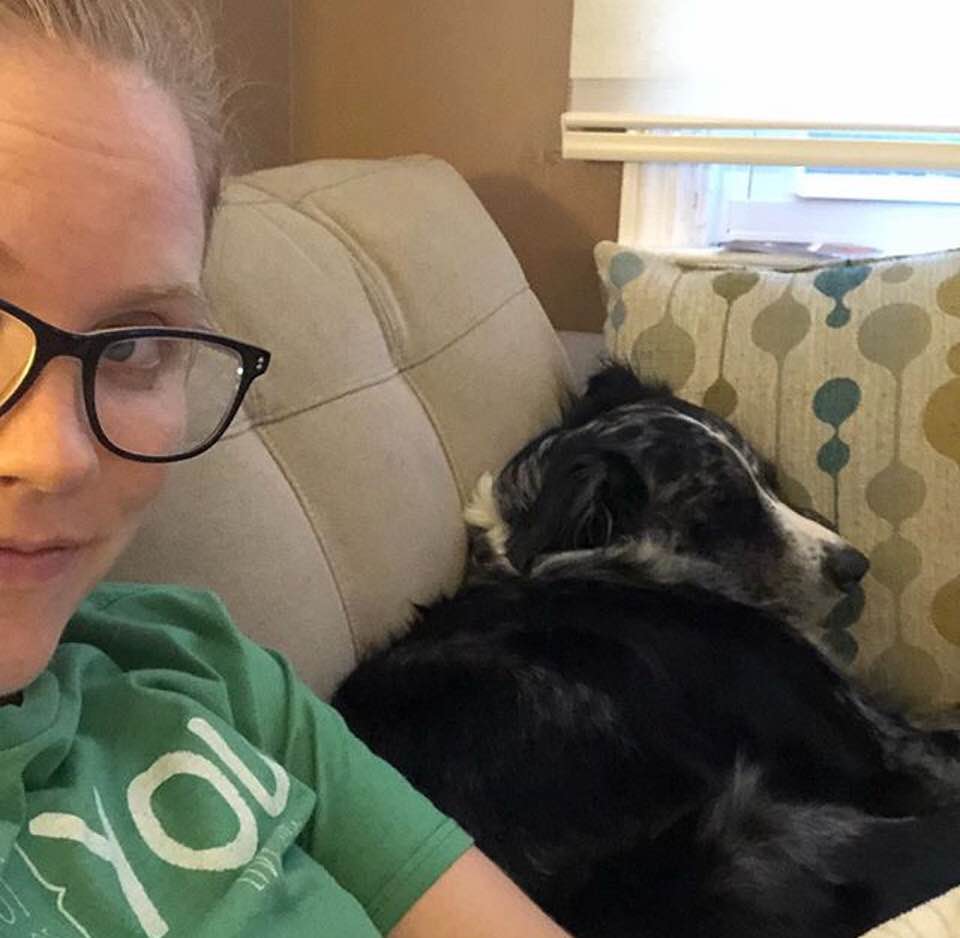
So what do we do with these dogs that require so much of us? How do we cope when sharing our lives with them is difficult?
I don’t have all of the answers, but I do know the things that help us when things get tough.
-
- Remember “they’re not giving you a hard time, they’re having a hard time”. This gets me through a lot of tough moments (in parenting too!). When Gabe’s completely flipping out, reminding myself that he isn’t doing it to give me a hard time, it’s coming from a place of him feeling really anxious and out of control. When I can remember this, I can usually muster up a little more patience to help him through it.
- Call in reinforcements. When things are getting tough with your difficult dog, call in a trainer. I like to think of trainers as dog therapists. They can help improve communication between dogs and their humans, help teach coping skills, and come up with safety plans when needed. All of these things will benefit you and your difficult dog. If you’re really struggling, call in some human-specific help too.
- Have fun! Make sure you’re doing some fun things with your dog too. Ask your trainer for fun tricks to learn to help build your relationship with your difficult dog. Having fun together is important for bonding and destressing.
- Set yourselves up for success. Make sure you aren’t putting yourself and your dog in situations destined for failure. Does your dog have a tough time with off-leash dogs running up to them? Best to avoid places with lots of off-leash dogs where they are likely to have a tough time. Stick to places where people follow leash laws and you can work without setbacks. The more success you have, the more confident you’ll both feel, which is a win for everyone.
- Your oxygen mask first. Dealing with a difficult dog is DIFFICULT. Don’t forget time for self-care, and know where your endpoint is. We don’t have to sacrifice everything for our dogs, and sometimes the kindest thing we can do is find a more appropriate home with fewer stressors or consider whether the dog’s quality of life is deteriorating to the point where it’s not fair to them to keep putting them through the stresses of everyday life. Take care of yourself, and if you really can’t find ways to manage your difficult dog without really affecting your quality of life or mental health, talk to a professional about your options for that dog.
Loving a difficult dog brings with it many wonderful moments and many heartbreaking ones.
We’re proud to walk with you through all of them.

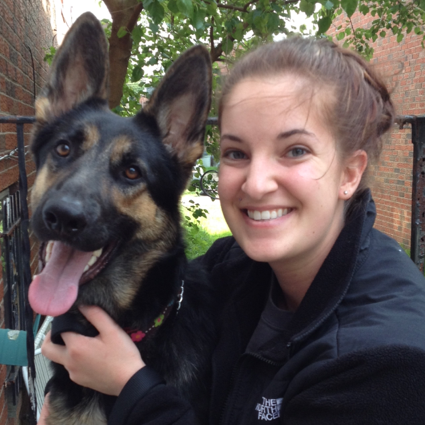
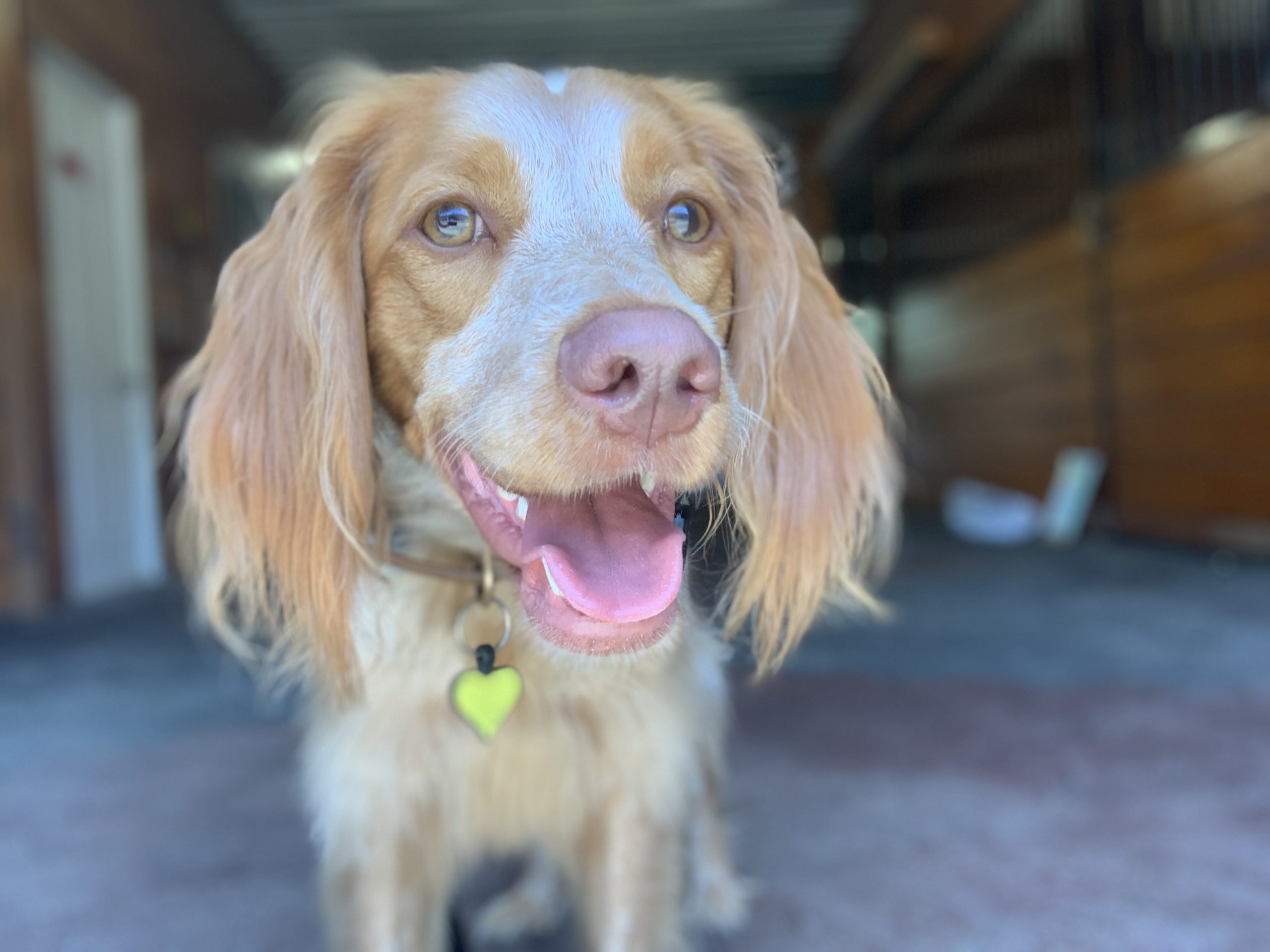
This was a good read. Our dog is “difficult” with strangers in the house, but its not horrible. We’re expecting in a few months, so its going to be interesting to see how it all plays out. Hopefully our little mans doesn’t get too jealous of the new little mans.
This is a true testament of a sweet but challenging dog and pet! We love your Gabe! But we also love that you work so hard with him!.
Comments are closed.